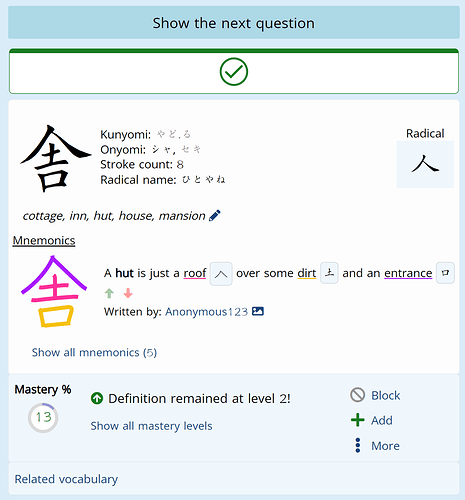Trust me when I say that my journey has been long. I grew up in a time when things like ADHD weren’t commonly diagnosed even though I’m pretty sure I had it.
It took me a long time to develop good study habits, and I’d like to share a little bit about my process.
Time boxing and pomodoro: Setting 10, 15, 20 min, even just 5 minutes to just start something and stick to it. Then give yourself a break after that time is up. It helps to keep track of it as well.
Gamifying: I personally use Habitica to add a little fun to my habits. There are plenty of habit tracking apps out there, but I can only speak for Habitica which I have used for years.
Make it enjoyable: For me, study time is fun time. It took a long time for it to become that way, but I learned to enjoy and find pleasure in it. I’ve invested time, money, resources, all to make my study sessions more enjoyable. At home I have a nice setup, and when i’m not at home I head out to a coffee shop which feels like a reward in itself. You may or may not have the money to do this, but even without money, finding a relaxing, comfortable area to work and enjoy a cup of coffee can go miles.
Don’t deny yourself of the things you like: I got a lot of bad advice early on about not watching anime to learn Japanese, if not I would forever sound like a weeb. So I watched a lot of things that didn’t interest me. I watch what I like now, and I didn’t end up sounding like a Jojo villan, although I may pose like one from time to time.
Just show up, even if it’s for a little bit: I always told students in our study sessions, even if you do 5 minutes a day, it’s better than nothing. Just show up and do it even if you don’t want to. Your body will eventually take you to that place after a while, it will become automatic. I remember getting back from work after a long shift, getting on social media for an hour, getting something to eat, probably watch Youtube for an hour, then play Skyrim the rest of the night. Had I studied Japanese for 5 minutes every night, would that have made me fluent? Probably not, but it would have been better than not doing it at all. Now I can study after work, but it did take a little while to get there.
You are your own competition: It’s easy to compare yourself to others, I know I’ve done it, we all do it think. But even the most fluent of speakers sometimes feel down because they mispronounced a word, misread a Kanji, or just lack the confidence despite their ability. If you’re still doing it 10 years later it means that you are not like the 95% that take one Japanese class and then give up forever.
And finally, something I learned recently: I tend to not read motivational books, but I did check out “The Power of Habit”, and the most profound thing the author mentioned, was to not think about what you want to do, but think about who you want to be. Do you want to get better at Japanese, or do you want to become a fluent Japanese speaker? If you make it clear to yourself why you’re doing this, getting to it becomes a little easier. I want to become a Japanese speaker/translator/interpreter/teacher.
I get it, I’ve been studying for a long time and there are days that I feel like I don’t know anything. But the truth is that you probably know more than you think you do, and all you have to do is build on that because it’s a lot more than what most people who try to learn the language will ever know.


